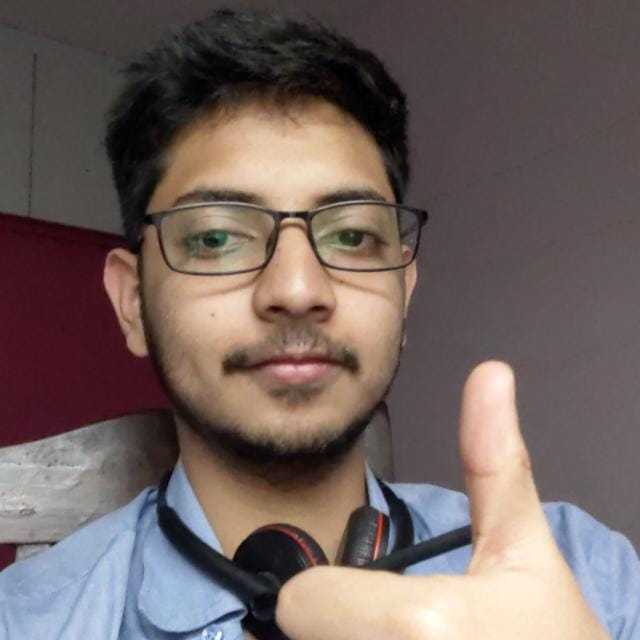
B.E. Chemical
CGPA: 8.75
EXPERIENCE
July 2019 - Present
ExxonMobil
Commercial & Technical Modeler
Exxon has been very kind to me as I had the opportunity to work on diverse projects. I wasn’t super keen on core , but was interested in a good company. I joined with the designation of a process engineer and what I was working on changed like on a monthly basis. As a process engineer, you are involved in designing, troubleshooting facility equipment along with many other responsibilities. After I changed roles to what they call “commercial and technical modeling”, I have been involved in making economic models for certain upstream opportunity evaluation and development
May 2018 - July 2018
Reckitt Benckiser
R&D FLP Trainee
Reckitt Benckiser is an FMCG company and works with brands like Harpic and Lizol. My project was based on understanding the chemistry of how strains are formed, how they interact with surfaces and how surfactants work on them.
May 2017 - July 2017
GE Healthcare
Research Intern
My work was based on chemical R&D. I was working on how to prevent condensation in breathing units. Particularly, I was researching on chemical compounds which can help absorb the moisture.
May 2016 - July 2016
Akshay Patra Foundation
Intern
I was working on vehicle fuel or mileage optimization.
